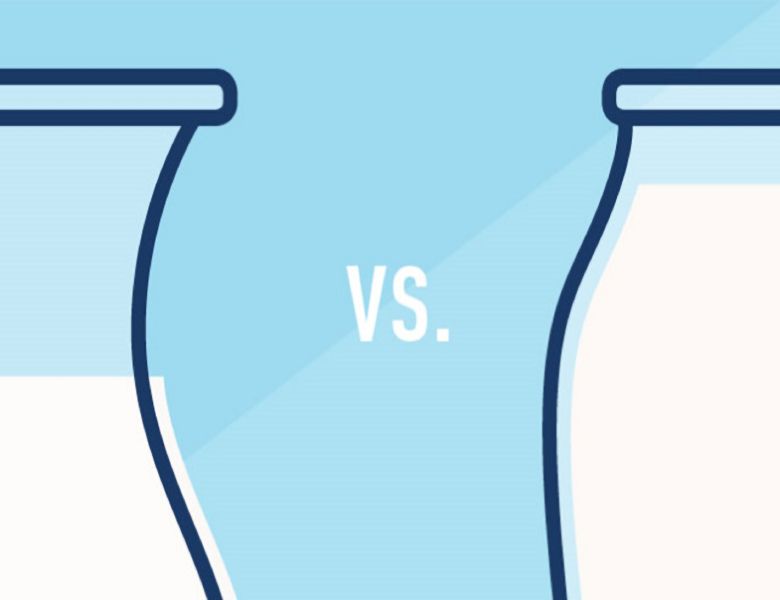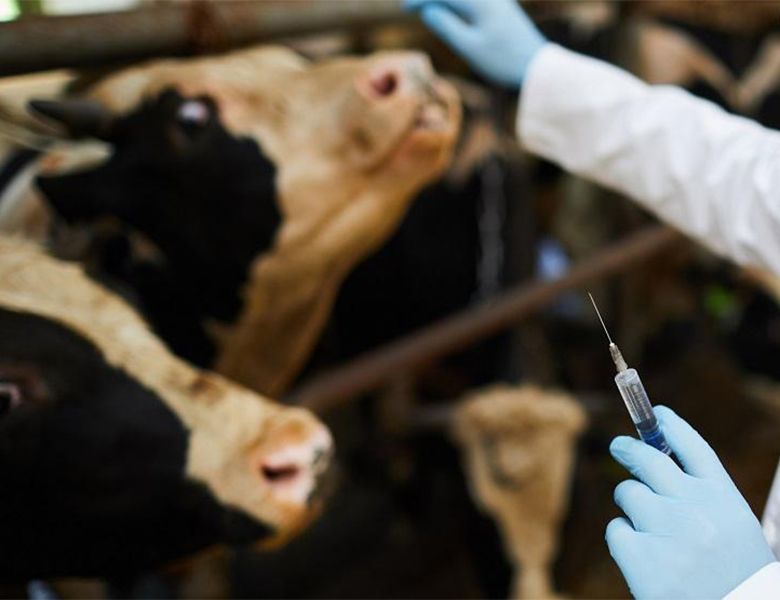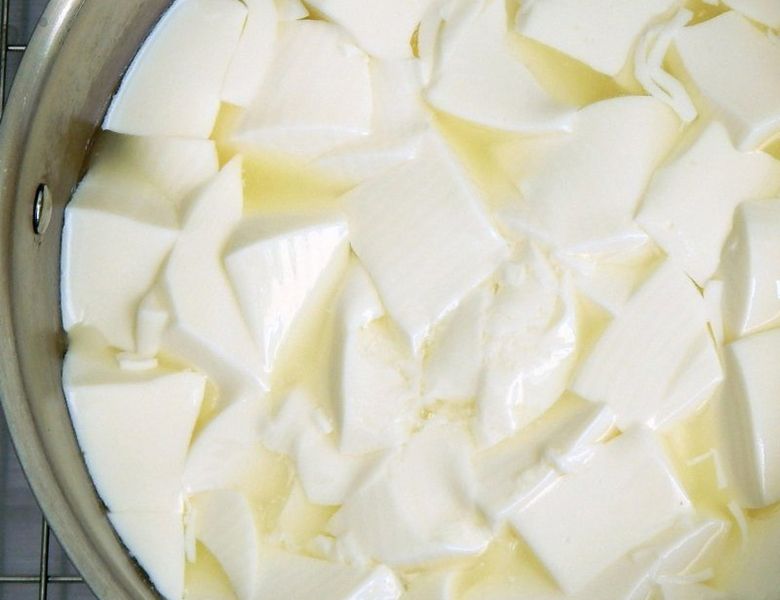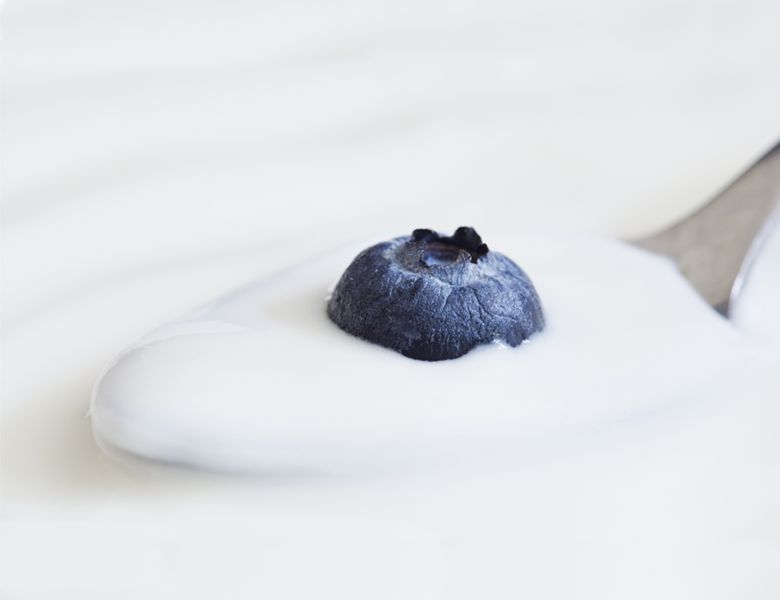Fortification of milk with plant proteins
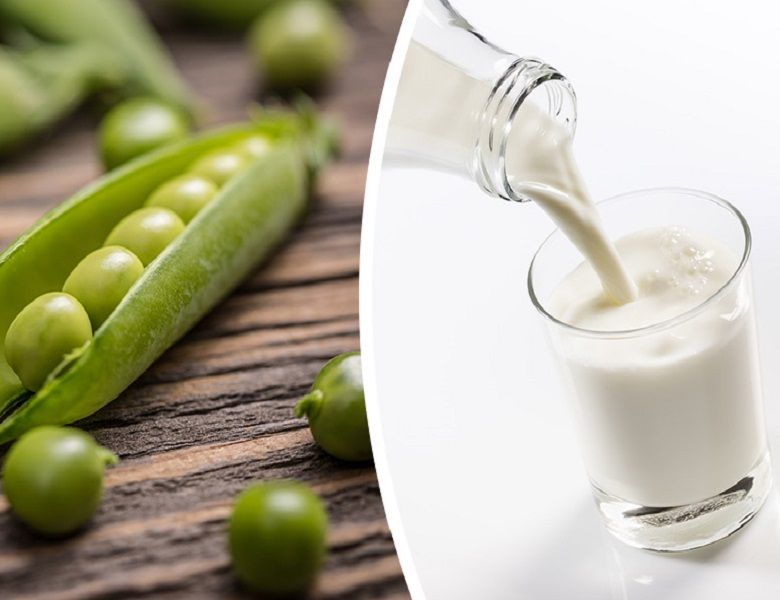
- | آتاماد | News |
- 507
Fortification of milk with plant proteins , Scientists from the Department of Food Science and Technology at Ohio State University (Columbus, Ohio, USA) have developed a new method for fortifying cow's milk with plant protein by means of current dairy processing equipment.
As we are in the midst of declining sales of liquid milk and growing demand for healthy, high-protein plant-based products, this research allows the dairy industry to offer new, highly nutritious products that are in line with consumer preferences.
About 80% of the protein in cow milk is in the form of casein, binding naturally together to form large molecules called casein micelles. The outer part of the micelles is hydrophilic and the core is hydrophobic. This structure allows casein micelles to carry most of the vitamins and minerals such as calcium that do not dissolve easily in water, thereby turning milk into a nutritious part of the diet.
"The unique properties of casein micelles has been used in this research to convert casein micelles into extra protein carriers from peas, a plant source, says Abigail Krentz. Casein micelles have been used similarly to add extra vitamins and minerals to milk, as well as to enrich the nutritional content of low-fat foods."
"Due to the unpleasant bitter taste and low solubility of plant proteins, like those found in peas, they are challenging to be used in the food industry," says lead researcher Dr. Rafael Jimenez Flores.
Why peas, then? Pea protein has become popular because of its branched-chain amino acids and balanced amino acid composition, assisting in muscle development. Pea protein is not only a gluten-free and non-allergenic plant protein but also a cost-effective one. Moreover, pea contains a high percentage of hydrophobic proteins (65% to 80%), making pea a good model to represent plant-based proteins for researchers.
To turn casein micelles into transporters of extra nutrients, the micelle has to be broken open, the nutrients incorporated, and finally, the micelle structure should be reassembled. Previous research has achieved this by means of ultra-high pressure and other specialized techniques, but this study achieved mentioned results using readily available dairy processing equipment that could be easily reproduced in any dairy facility.
Reference:
https://www.dairyindustries.com/news/39090/journal-of-dairy-science-presents-benefits-of-supplementing-cow-milk-with-plant-protein/
GET IN TOUCH
Copyright © 2023 Atamad.com All right reserved
Website design and SEO services by Seohama team – Web hosting by Sarverhama
Copyright © 2023 Atamad.com All right reserved
Website design and SEO services by Seohama team – Web hosting by Sarverhama
